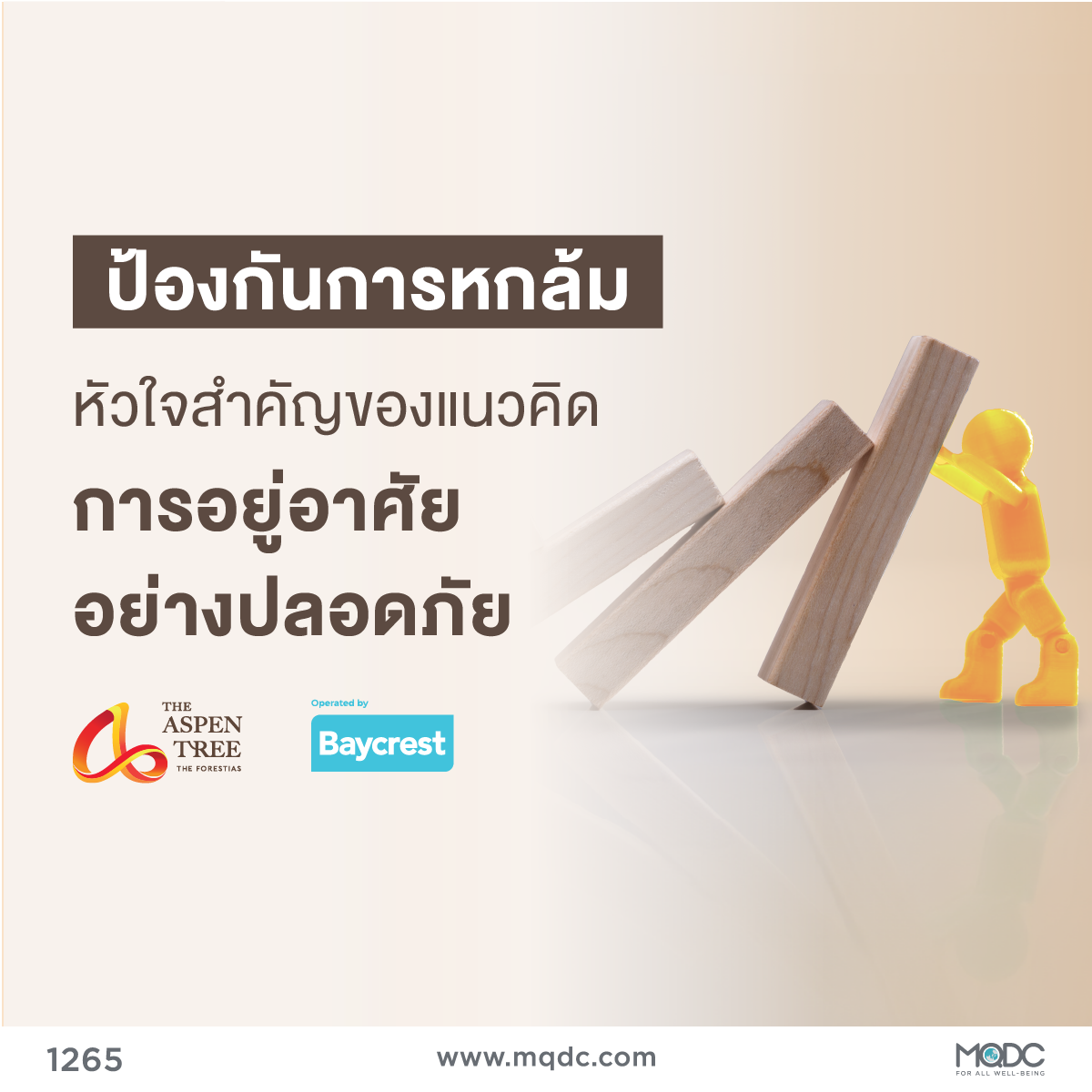Toronto, Canada – People with mild cognitive impairment (MCI) are at increased risk of converting to Alzheimer’s disease within a few years, but a new study warns the risk increases significantly if they suffer from anxiety.
The findings were reported on Oct. 29 online by The American Journal of Geriatric Psychiatry, ahead of print publication, scheduled for May 2015.
Anxiety Raises the Risk of Alzheimer's in People with Mild Cognitive Impairment (MCI)
Led by researchers at Baycrest Health Sciences’ Rotman Research Institute, the study has shown clearly for the first time that anxiety symptoms in individuals diagnosed with MCI increase the risk of a speedier decline in cognitive functions – independent of depression (another risk marker). For MCI patients with mild, moderate or severe anxiety, Alzheimer’s risk increased by 33%, 78% and 135% respectively.
The research team also found that MCI patients who had reported anxiety symptoms at any time over the follow-up period had greater rates of atrophy in the medial temporal lobe regions of the brain, which are essential for creating memories and which are implicated in Alzheimer’s.
Until now, anxiety as a potentially significant risk marker for Alzheimer’s in people diagnosed with MCI has never been isolated for a longitudinal study to gain a clearer picture of just how damaging anxiety symptoms can be on cognition and brain structure over a period of time.
There is a growing body of literature that has identified late-life depression as a significant risk marker for Alzheimer’s. Anxiety has historically tended to be subsumed under the rubric of depression in psychiatry. Depression is routinely screened for in assessment and follow-up of memory clinic patients; anxiety is not routinely assessed.
“Our findings suggest that clinicians should routinely screen for anxiety in people who have memory problems because anxiety signals that these people are at greater risk for developing Alzheimer’s said Dr. Linda Mah, principal investigator on the study, clinician-scientist with Baycrest’s Rotman Research Institute, and assistant professor in the Department of Psychiatry at the University of Toronto. Dr. Mah is also a co-investigator in a multi-site study lead by the Centre for Addiction and Mental Health, and partially funded by federal dollars (Brain Canada), to prevent Alzheimer’s in people with late-life depression or MCI who are at high risk for developing the progressive brain disease.
“While there is no published evidence to demonstrate whether drug treatments used in psychiatry for treating anxiety would be helpful in managing anxiety symptoms in people with mild cognitive impairment or in reducing their risk of conversion to Alzheimer’s, we think that at the very least behavioural stress management programs could be recommended. In particular, there has been research on the use of mindfulness-based stress reduction in treating anxiety and other psychiatric symptoms in Alzheimer’s and this is showing promise said Dr. Mah.
The Baycrest study accessed data from the large population-based Alzheimer’s Disease Neuroimaging Initiative to analyze anxiety, depression, cognitive and brain structural changes in 376 adults, aged 55–91, over a three-year period. Those changes were monitored every six months. All of the adults had a clinical diagnosis of amnestic MCI and a low score on the depression rating scale, indicating that anxiety symptoms were not part of clinical depression.
MCI is considered a risk marker for converting to Alzheimer’s disease within a few years. It is estimated that half-a-million Canadians aged 65-and-older have MCI, although many go undiagnosed. Not all MCI sufferers will convert to Alzheimer’s – some will stabilize and others may even improve in their cognitive powers.
How Yoga Reduces Stress, Anxiety, and Depression
Dr. Mah's study found that anxiety symptoms in people with MCI can develop and change to Alzheimer's disease. She therefore recommends a program to reduce stress supported by research that can help reduce anxiety symptoms. This may reduce risk factors for Alzheimer's disease. Many studies show that practicing yoga is effective in reducing stress, anxiety, and depression. A study in “International Journal of Preventive Medicine” in 2018 looked at women between the ages of 26 and 39. Doing yoga 3 days/week gave the participants lower levels of stress, anxiety, and depression symptoms.
A study that collected data from various studies on yoga, published in “Journal of mental health training” in 2017, found an effect in reducing stress, anxiety symptoms, and depression. Yoga seems to affect the functioning of the nervous system, hormones, and various neurotransmitters. In psychiatry, it has also been found that practicing yoga helps with “increased self-awareness, psychological flexibility, positive thinking during stress, calmness, compassion, and mindfulness. All these effects are beneficial to mental health, brain health, and flexibility of the nervous system. They also have a positive effect on perception, memory, mood and can also help reduce symptoms of anxiety.
Yoga Reduces Stress and Protects Your Brain
All these studies suggest that yoga helps control stress, anxiety, and depression, which is good for perception, memory, and brain functions. This effect is especially true for people with early-stage cognitive impairment, or MCI, who are at high risk of developing Alzheimer's in the future. Yoga could therefore be another option for people who are aging, as a tool for maintaining brain health, developing awareness and memory to avoid Alzheimer's and various dementias.
Other activities can also help you relax, such as meditation, another option to help reduce stress and anxiety with a positive effect on the brain. We live in an era where we are constantly exposed to stress, especially if we live in a big city. This stress puts at risk of various types of dementia. Relieving stress in various ways can help reduce this risk.
Have a Healthy Body, Mind, and Brain at 50+ at The Aspen Tree in The Forestias Operated by Baycrest with Lifetime Care
Advanced medical technology helps us live longer but the most precious gift as we get older is good health to live an independent, meaningful life, free from worry. This concept inspires The Aspen Tree at The Forestias, designed and developed with research leaders and Canada’s world-leading Baycrest Crest to meet every need of older adults. You can live in a multigeneration community in The Forestias with comprehensive health and care (Holistic Lifetime Care). Full facilities and the Health & Wellness program enhance your lifestyle with activities such as yoga, swimming, singing, playing music, meditation, outdoor activities, hydrotherapy, and much more to keep your body, mind, and brain in great shape.
The Aspen Tree at The Forestias also has a Health & Brain Center to safeguard your health and wellness. The center’s experts can delay the onset of dementia and provide care to overcome brain and memory problems. A team of healthcare specialists is on hand 24 hours a day to keep you safe and well in every aspect.
Live free from cares in the free time of live... Let’s find the perfect life together.
Find out more CLICK https://mqdc.com/aspentree
Call 1265
LINE OA: @TheAspenTree or CLICK https://mqdc.link/3Emhkde
Source:
https://www.ncbi.nlm.nih.gov/pmc/articles/PMC5843960/
https://www.emerald.com/insight/content/doi/10.1108/JMHTEP-01-2016-0002/full/html









